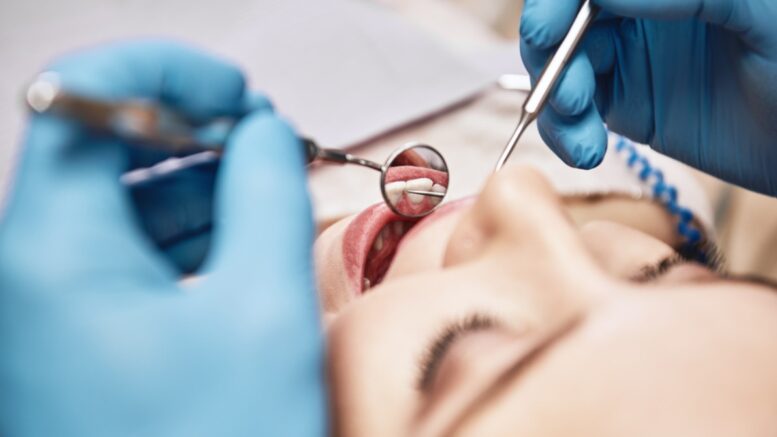A dental filling is a procedure that is commonly used to treat mild to moderate forms of cavities. Although the process of getting a dental filling is quite straightforward, it is still a dental procedure, and proper aftercare will be needed.
Fortunately, dental filling aftercare is quite simple and not too involved. Below are some dentists’ recommended dos and don’ts of caring for your teeth after a dental filling procedure.
Do- Be Gentle
It is not uncommon for your tooth to be sensitive and sore immediately after a dental filling procedure, so being gentle is advised. Your surrounding teeth may also feel sensitive due to the procedure, so it is important that you avoid touching the tooth (and the surrounding area) for at least a day after the procedure. This will ensure that the area heals properly.
Don’t – Stress or Press Dental Fillings with Hard Foods
You will also need to be cautious of what you eat immediately after a dental filling procedure. Hard or crunchy foods like ice, candies, apples, chips, and other solid foods can exert pressure on the fillings and cause them to dislodge or crack. It is important that you steer clear of these hard foods immediately after your procedure. Opt for foods like soup, scrambled eggs, yogurt, and soft cheeses instead.
If you experience swelling and pain after the procedure, it is also important that you wait for at least 24 hours (or till the swelling decreases) before eating any solid foods.
Do – Use Over the Counter Painkillers If Needed
You can relieve the discomfort and pain from a dental filling by making use of over-the-counter painkillers like ibuprofen or acetaminophen. However, if pain or sensitivity does not subside after a few days, you will need to contact your dentist in Sutton immediately to have the filling checked out.
Don’t – Eat Sticky or Chewy Foods for up to Two Weeks
In addition to avoiding hard foods, you should also refrain from consuming cold or hot drinks and foods for a few days after your procedure.
Also, for the next two weeks following your dental filling procedure, eating sticky or chewy foods like tough meats, caramels, candies, and jerky is out of the question. To prevent infection, foods that are highly acidic will need to be avoided.
Do – Rinse a Couple of Times
It is advised that you rinse your mouth after a dental filling procedure. This is to remove any food particles or debris that may have been left behind from eating. Try to rinse your mouth with some salt-water or a gentle (alcohol-free) mouthwash a few times after the procedure. This will cleanse your mouth and prevent bad breath (which is a common side effect of a dental filling procedure).
Don’t – Hesitate to Brush or Floss Your Teeth After a Filling
Although you might feel hesitant to brush and floss your teeth immediately after a dental filling procedure, it is important that you do so before the night ends. Brushing and flossing ensure that your mouth remains clean and free from infection. When brushing and flossing, do make sure to be very gentle and use a soft-bristled toothbrush. Using fluoride toothpaste is also recommended, as fluoride protects your tooth enamel and makes it stronger.
Do – Contact Your Dentist if you Experience a Persistent Toothache
Some mild pain and discomfort immediately after a dental filling procedure are normal. However, a sharp or throbbing toothache that is persistent is most likely an indication of decay that has reached your tooth’s pulp. In this case, a root canal procedure may be needed, so it is important that you have your dentist address such pain immediately.
Do- Schedule Regular Checkups and Cleanings
One of the best ways to maintain the health of your dental fillings is to schedule regular checkups and cleanings with a dental professional. These checkups allow your dentist to catch any issues with your fillings (cracks, leaks, gaps, breakages, infections) early and promptly address them.
Conclusion
A dental filling can effectively tackle both minor and moderate cases of cavities. However, in order to get the best outcome from the procedure, proper aftercare is necessary. Carefully follow the above aftercare guide to ensure the continued health of your dental fillings.
